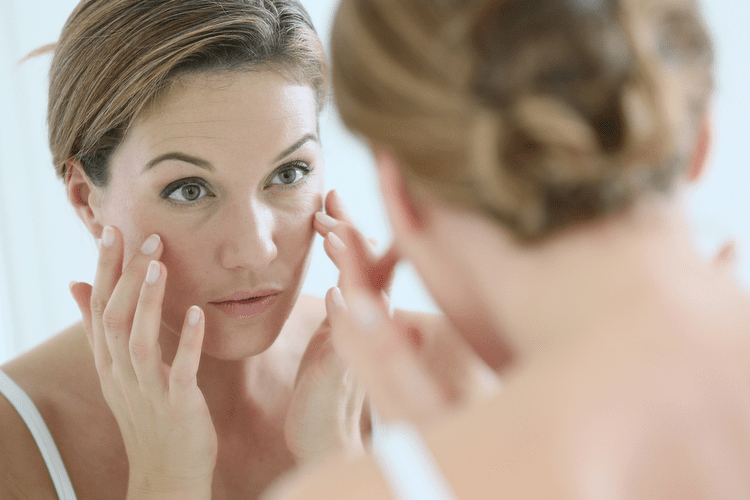Content
The narcissists mostly had unrealistic demands for the therapist, other patients and anyone else involved in the treatment programme. When their criteria of perfection failed to be met by others, the narcissists usually quit treatment, spotlighting a key challenge in narcissism and addiction. Narcissists tend to deny that they are addicted to drugs, regardless of what it looks like. Addiction to a narcissist isn’t perceived as a problem; a narcissist addict will describe their drug use as boosting their energy and life. Narcissism and drug addiction often go hand-in-hand since individuals with narcissistic personalities need to find a way to escape their overwhelming emotional anxiety and pain.
- Drinking when consequences are obviously damaging or will cause major losses, are both signs of severe alcohol abuse.
- The cycle of narcissistic personality disorder and addiction are quite similar.
- Multiple regression analyses were conducted in Stata 14 (StataCorp, 2014).
- When you’re caught in the crossfire of someone with these symptoms, recognize that you aren’t responsible for their behavior—as much as they might try to pin it on you or someone else.
- This creates a pattern of dependent behavior, which is extremely harmful.
Seek treatment and support if you or someone you know has alcohol use and narcissistic personality disorders. Lastly, don’t be afraid to set boundaries and find support in family and friends. Remember that a person with both https://ecosoberhouse.com/article/anger-and-alcoholism/ alcoholic and narcissistic traits may need to get professional help before they can have a healthy relationship with you again. For a person to recover fully, they’ll generally need treatment that addresses both disorders.
Dry Drunk and Narcissism
Avoid enabling the alcoholic narcissist’s destructive behaviors by refusing to make excuses for their actions. According to some of my clients who’ve had experience with alcoholic narcissists, they might tell a few select half-truths when drunk and even reveal something of their underlying insecurities. Furthermore, as alcohol reduces inhibitions, it may exacerbate other narcissistic behaviors, such as heightened self-absorption, denial, delusions of grandeur, and destructive tendencies. Another reason narcissists are likely to become alcoholics is their desire to fit in or stand out in social situations. A dry drunk has stopped drinking but hasn’t yet dealt with the issues that caused their alcohol dependence.
- While they may not show it outwardly, criticism is especially unbearable for a narcissist.
- In summary, whether alcohol is to blame or not, having a person with narcissistic traits in your life can be exhausting and upsetting.
- One limitation of this study is the lack of diversity in the sample’s age (18–25) and race (88% Caucasian).
- Alternatively, you can access support symptoms for each condition separately.
Alcohol lowers inhibitions, making it easier for narcissists to act on their desires and impulses without feeling restrained by social norms or consequences. Treating NPD can be challenging and may require long-term therapy, but working alongside healthcare professionals can help people reduce symptoms. With treatment, those with NPD can live healthy lives with positive relationships. It is not uncommon for two mental health conditions to co-exist (referred to as a comorbidity). Research on cognitive biases may help to explain the discrepancy between our perceptions of drugs and alcohol at the societal and personal levels of risk. The fundamental attribution error refers to our tendency to attribute the behaviour of others to inherent personality traits, rather than to external circumstances and environmental factors.
Similarities and Differences: Narcissism and Alcoholism
This is true with alcoholism and narcissistic personality disorder, which have overlapping symptoms. A 2020 review of research on narcissism and substance use disorders concludes that low self-esteem that requires external validation from others can increase the risk of substance use disorders. A 2019 study involving young adults with vulnerable narcissism found narcissism and alcoholism that the disorder can cause overwhelming feelings of shame in the individual. The person then seeks out alcohol or substances to mediate these feelings, leading to more feelings of shame, and so on. This creates a pattern of dependent behavior, which is extremely harmful. Narcissism is a personality disorder that shares many common traits with addiction.
Genetics also seem to play a role in the development of both conditions. In both NPD and AUD, childhood trauma — including abuse and neglect — may be a risk factor. It’s worth noting that the DSM-5-TR doesn’t use the term “alcoholism,” but the term is still used colloquially to refer to AUD. Someone who’s narcissistic might be self-absorbed and have an inflated sense of self-importance. You can survive the experience by applying the techniques listed above, but at some point, you will have to bring up the subject of treatment.
Alcoholism And Narcissistic Personality Disorder
By building support from family and friends, you are more likely to stay on course with your dual treatment plan and avoid the stress that can make AUD and NPD worse. By educating yourself, you can also educate them about what AUD and NPD are about. You can take them with you to your next appointment to talk with your healthcare provider.
- The current study explored the relationship between narcissism and alcohol use, alcohol-related problems, problem recognition, evaluation, and problem expectancies in a college population.
- A psychiatrist may carry out a standard psychiatric interview, which healthcare professionals use to diagnose personality disorders.
- Someone who has a diagnosis of Narcissistic Personality Disorder (NPD) experiences grandiose, arrogant behavior patterns that are coupled with a lack of empathy and need to be admired.
- Alcoholism and Narcissistic Personality Disorder have some overlapping behaviors.
- Let them face the consequences of their behavior and the impact their alcohol abuse is having on their lives.
Although it is a relatively new phenomenon, social media addiction has been around since the advent of sharing pictures and status updates online. Sian Ferguson is a freelance health and cannabis writer based in Cape Town, South Africa. She’s passionate about empowering readers to take care of their mental and physical health through science-based, empathetically delivered information.
Both are mental health conditions that can damage relationships, cause personal distress, and undermine a person’s quality of life and sense of well-being. If you notice signs of alcohol use disorder in yourself based on the amount of alcohol you consume daily or weekly, or if you’re drinking alcohol as a coping mechanism for life’s challenges, talk to a healthcare provider. They can refer you to a mental health professional or help you develop a plan to begin treatment.




